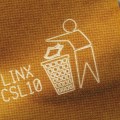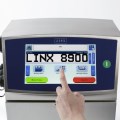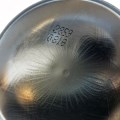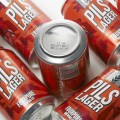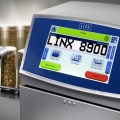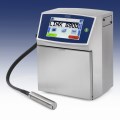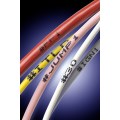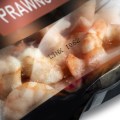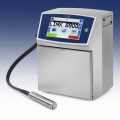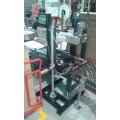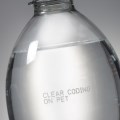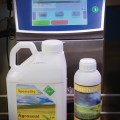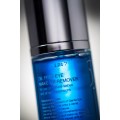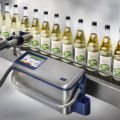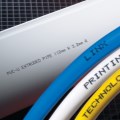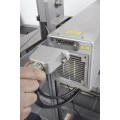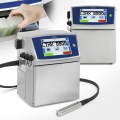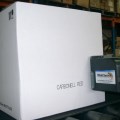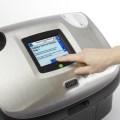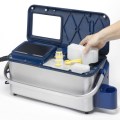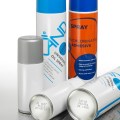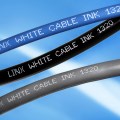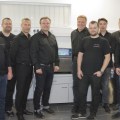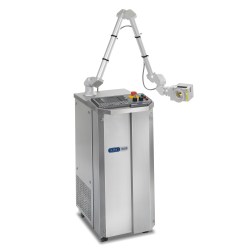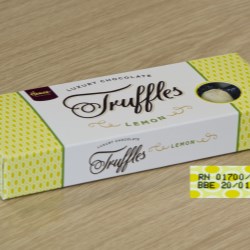If this is your company, CONTACT US to activate Packbase™ software to build your portal.
.jpg)

Linx Printing Technologies has extended its laser coders portfolio with the introduction of two fibre lasers that provide a hugely flexible coding solution across the widest range of materials for both static applications and moving production lines.
Fibre laser technology offers highly energy-efficient coding across many different substrates including metals and plastics as well as paper and glass. It delivers a very fine spot size which creates excellent quality permanent codes. This makes fibre lasers ideal for producing small discreet codes for traceability or anti-counterfeiting purposes, bigger codes for high profile branding or promotions, and large amounts of information in a small area. The coders are suitable for many different sectors including aerospace, automotive, electronics, pharmaceutical, medical devices and tooling, as well as FMCG packaging.
The new Linx FSL20 and Linx FSL50 have one of the smallest supply units and marking heads on the market, which enable easy integration into even the smallest of factory spaces. The availability of four different lenses means the coders can be tailored to the precise needs of each product – whether for static or moving environments. Both models feature a wide range of fonts, codes and graphics over multiple lines and unlimited areas, and this versatility also offers effective future proofing, allowing companies to change coding specifications to suit their changing requirements.
The durable construction of the Linx fibre lasers, which includes the IP54 rated marking head, enables the coders to operate in more challenging environments than many other lasers, with the laser source lasting more than 100,000 hours. An internal air cooler offers greater energy efficiency and is maintenance-free, as well as producing cost savings over the installation of a separate cooling system or compressed air supply. Air cooling also eliminates the potential for leaks or clogging commonly found with a water-cooled system.
The well-refined beam quality ensures consistent smooth coding. As well as the small marking head, the option of a Beam Turning Unit (BTU), which allows the Linx fibre lasers to code at right angles, further enhances their flexibility to be installed into small, tight spaces, or integrated into filling machines and OEM machines with minimum disruption to existing workflows. The four different lenses that can be specified are able to focus at different distances from the substrate in order to ensure the best coding solution for each application.
The Linx fibre lasers are offered with a choice of 20 watt (Linx FSL20) and 50 watt (Linx FSL50) beam sources. LinxDraw software allows quick and easy code creation and changes via an optional colour touch screen or from a separate PC.
“With our new fibre lasers we have developed a coder that meets our customers’ most important criteria – easy integration, reliable operation and the flexibility to deliver high quality codes of any description across the widest range of substrates,” explains Matt Eastham, Laser Product Manager, Linx Printing Technologies.
“The Linx FSL20 and FSL50 are class-leading variants and an important addition to our laser coder offering, giving our customers the reassurance of a coding solution that is exactly right for their operation.”

.jpg)
.jpg)
.jpg)
.jpg)

